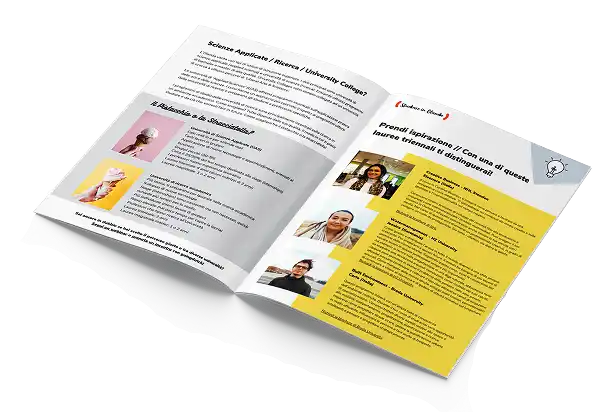Studiare Infermieristica in Inglese
Se sei uno studente italiano e sogni una carriera internazionale nel settore sanitario, il corso di Nursing in inglese alla KdG University of Applied Sciences ad Anversa, in Belgio, potrebbe essere la scelta ideale per...
